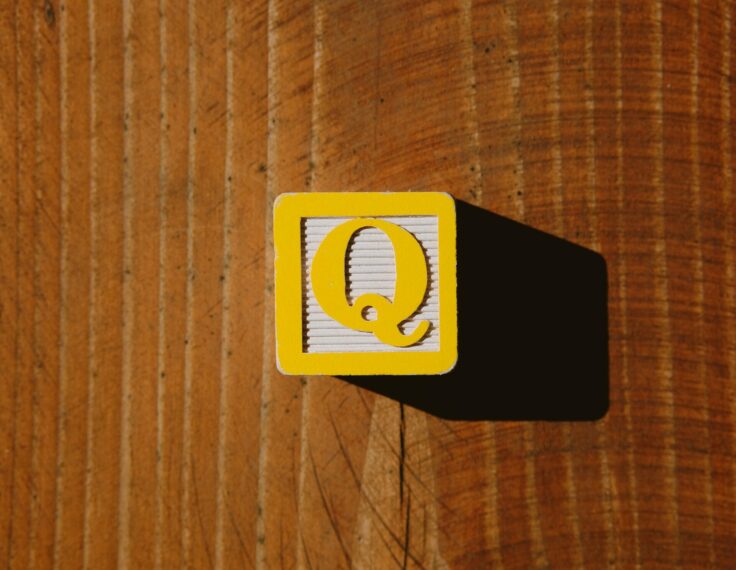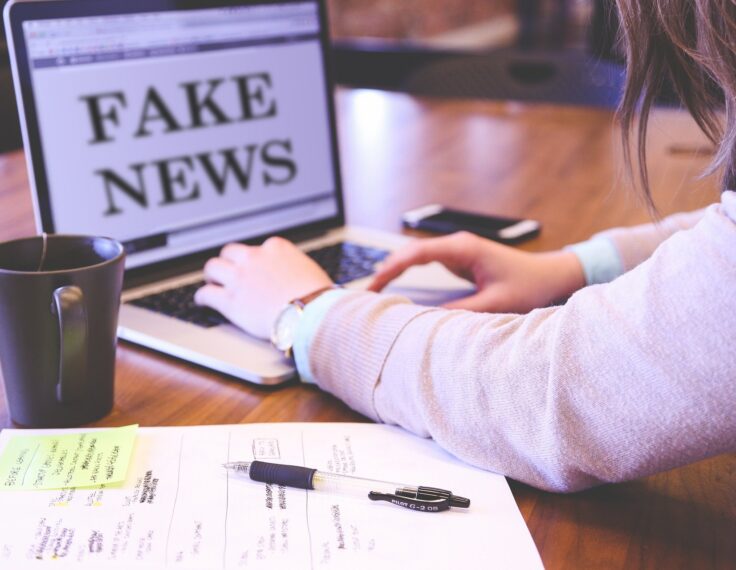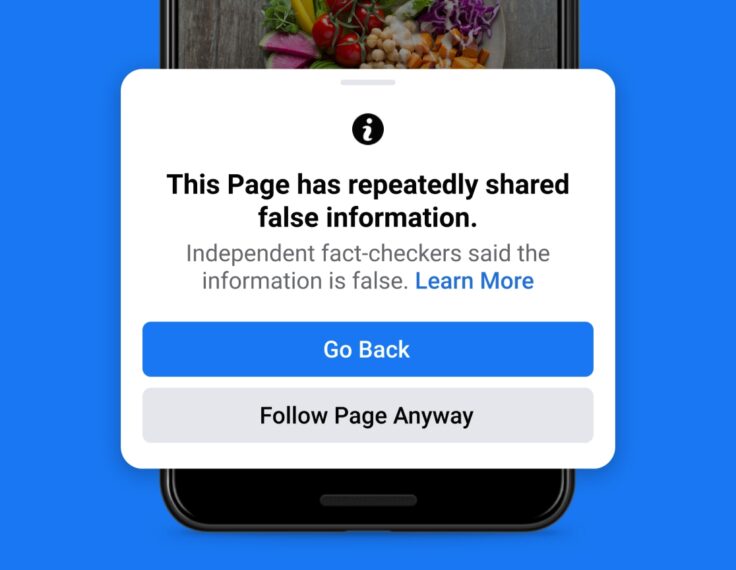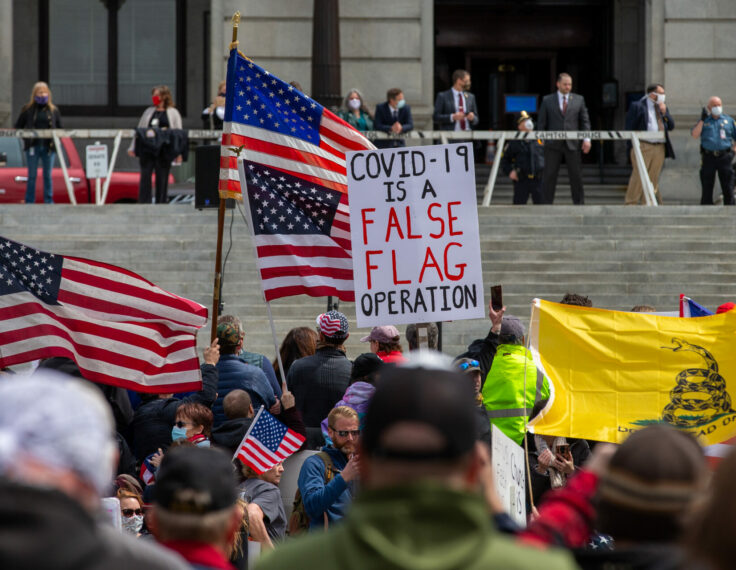Explore All Articles
All Articles
Article Topic

Disagreement as a way to study misinformation and its effects
Damian Hodel and Jevin D. West
Experts consider misinformation a significant societal concern due to its associated problems like political polarization, erosion of trust, and public health challenges. However, these broad effects can occur independently of misinformation, illustrating a misalignment with the narrow focus of the prevailing misinformation concept.

Conservatives are less accurate than liberals at recognizing false climate statements, and disinformation makes conservatives less discerning: Evidence from 12 countries
Tobia Spampatti, Ulf J. J. Hahnel and Tobias Brosch
Competing hypotheses exist on how conservative political ideology is associated with susceptibility to misinformation. We performed a secondary analysis of responses from 1,721 participants from twelve countries in a study that investigated the effects of climate disinformation and six psychological interventions to protect participants against such disinformation.

Seeing lies and laying blame: Partisanship and U.S. public perceptions about disinformation
Kaitlin Peach, Joseph Ripberger, Kuhika Gupta, Andrew Fox, Hank Jenkins-Smith and Carol Silva
Using data from a nationally representative survey of 2,036 U.S. adults, we analyze partisan perceptions of the risk disinformation poses to the U.S. government and society, as well as the actors viewed as responsible for and harmed by disinformation. Our findings indicate relatively high concern about disinformation across a variety of societal issues, with broad bipartisan agreement that disinformation poses significant risks and causes harms to several groups.

Legislator criticism of a candidate’s conspiracy beliefs reduces support for the conspiracy but not the candidate: Evidence from Marjorie Taylor Greene and QAnon
Victor Wu, John Carey, Brendan Nyhan and Jason Reifler
In November 2020, Georgia Republican Marjorie Taylor Greene became the first open supporter of QAnon to be elected to the United States Congress. Despite criticism from Democrats, Republicans, and the media for her belief in this dangerous conspiracy theory, Greene remains a prominent national figure and a member of Congress.

Who is afraid of fake news? Modeling risk perceptions of misinformation in 142 countries
Aleksi Knuutila, Lisa-Maria Neudert and Philip N. Howard
Using survey data from 154,195 respondents in 142 countries, we investigate internet user perceptions of the risks associated with being exposed to misinformation. We find that: 1) The majority of regular internet users globally (58.5%) worry about misinformation, and young and low-income groups are most likely to be concerned. 2) Risk perception among internet users varies starkly across regions whereby concern is highest in Latin America and the Caribbean (74.2%), and lowest in South Asia (31.2%). 3)

Misinformation interventions are common, divisive, and poorly understood
Emily Saltz, Soubhik Barari, Claire Leibowicz and Claire Wardle
Social media platforms label, remove, or otherwise intervene on thousands of posts containing misleading or inaccurate information every day. Who encounters these interventions, and how do they react? A demographically representative survey of 1,207 Americans reveals that 49% have been exposed to some form of online misinformation intervention.

The different forms of COVID-19 misinformation and their consequences
Adam M. Enders, Joseph E. Uscinski, Casey Klofstad and Justin Stoler
As the COVID-19 pandemic progresses, an understanding of the structure and organization of beliefs in pandemic conspiracy theories and misinformation becomes increasingly critical for addressing the threat posed by these dubious ideas. In polling Americans about beliefs in 11 such ideas, we observed clear groupings of beliefs that correspond with different individual-level characteristics (e.g.,

Research note: Does the public support fact-checking social media? It depends whom and how you ask
Timothy S. Rich, Ian Milden and Mallory Treece Wagner
We analyze original survey data on support for social media companies’ fact-checking of politicians in general and President Trump in particular. We find overwhelming majorities of Democrats support fact-checking in both instances, while a majority of Republicans support fact-checking of politicians in general but not of President Trump.
